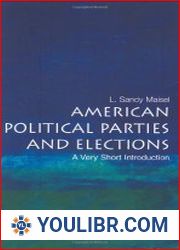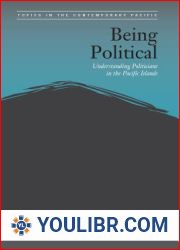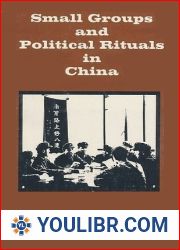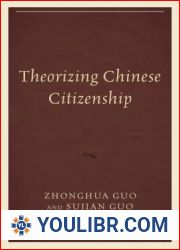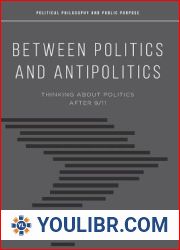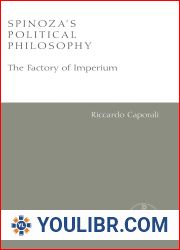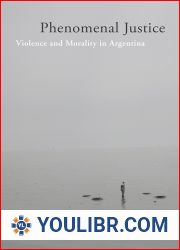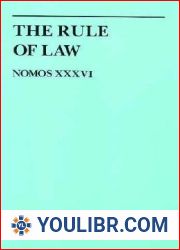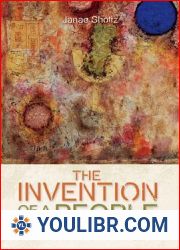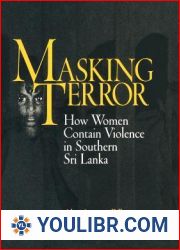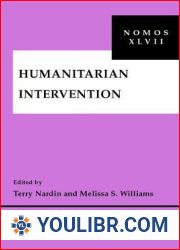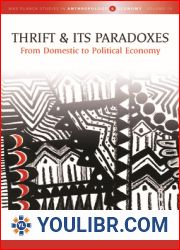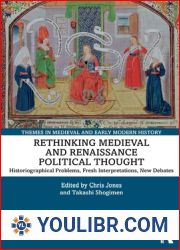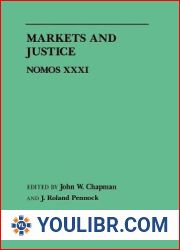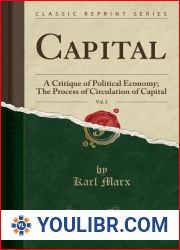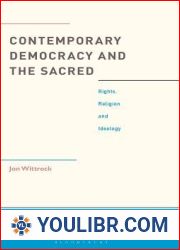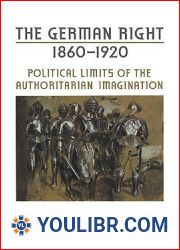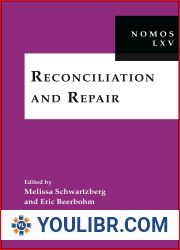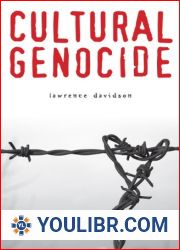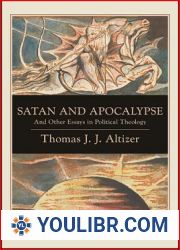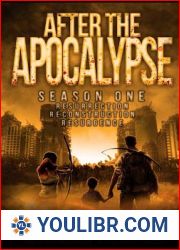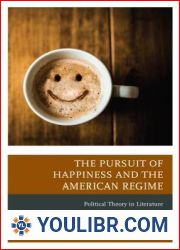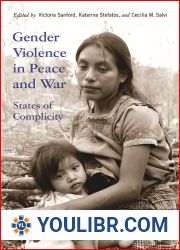
BOOKS - Other Others: The Political after the Talmud

Other Others: The Political after the Talmud
Author: Sergey Dolgopolski
Year: June 5, 2018
Format: PDF
File size: PDF 2.8 MB
Language: English
Year: June 5, 2018
Format: PDF
File size: PDF 2.8 MB
Language: English
Denying legal and moral existence to those who do not belong to a land, while tolerating diversity of those who do stabilizes a political order-or does it? Revisiting this core problem of contemporary political theory, Other Others turns to the Talmud as an untapped resource for a conception of the political and a take on excluded others our philosophical and theological traditions have effaced.Dolgopolski introduces to political theory the concept of "other others," those earthly extraterrestrials who are not and cannot be marked as bearing any "original" belonging to a recognized land. Moving between the modern political figure of "Jew" and the late ancient texts of the Talmud, the book ultimately arrives at a demand to think earth anew, beyond notions of territory, land, nationalism or internationalism, or even universe that have hitherto defined it. At the junction of classical rabbinic thought and contemporary political theory, Dolgopolski seeks to expand the horizon for thinking earth in the face of each new challenge and each new responsibility that greets us.Thinking earth anew is a political and not just an ethical challenge-one that requires a new concept of the political, no longer expressed in terms of sovereignty or democracy, of Carl Schmitt's political theology, with its friend-enemy distinction that has been bequeathed to and fought over by generations of political thinkers. Unsettling the ground that would stabilize such a distinction, it requires us to acknowledge extraterrestrial others-those other others who do not belong to a recognized land. Levites in the Bible and Jews under Nazis are mutually exclusive cases that must be thought anew before we can think earth anew. Or, Dolgopolski shows, perhaps not fully anew, but with an eye to the ever disappearing and reemerging political paradigm the pages of the Talmud display.Philosophical and theological approaches to the political have tacitly elided what the Talmud affords, an elision made legible only by carefully reading of the pages of the Talmud through and despite our dominant theologically and philosophically grounded political. This book commits to just such a reading, oriented jointly to the Talmud and its afterlife, and to political theory.Combining a detailed and comprehensive knowledge of Talmudic practices and the Talmudic scholarly tradition with a thorough familiarity with the traditions of contemporary political philosophy, Dolgopolski shows how the two can inform each other, developing alternatives to the us them dichotomy that continues to plague even the most liberal conventional accounts of politics.










